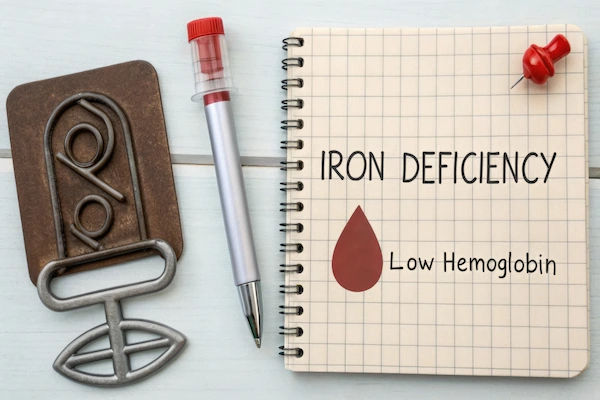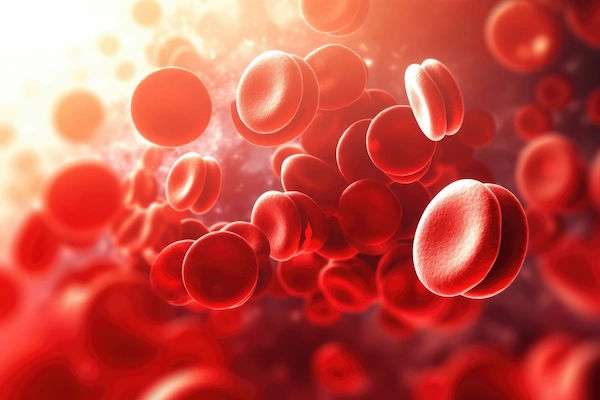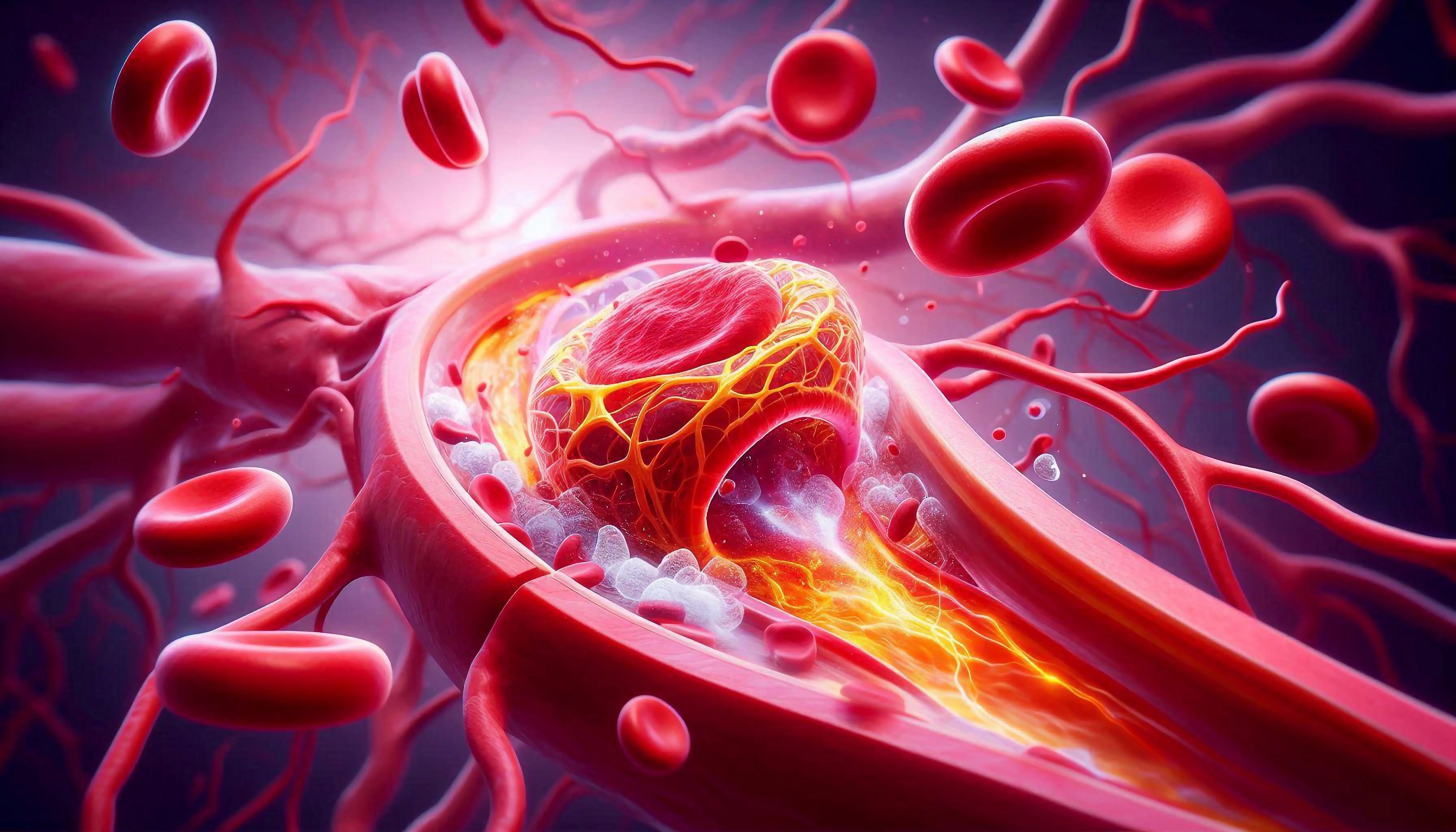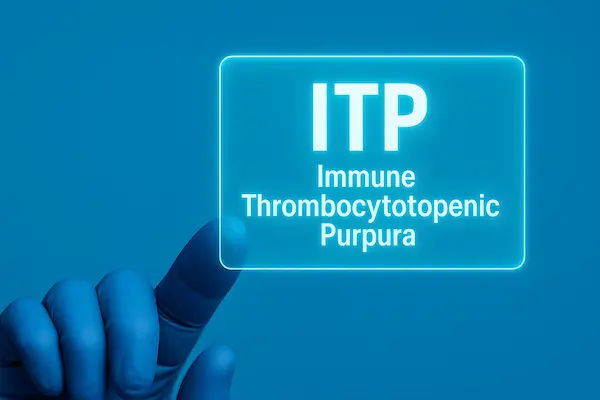- female
- 30 Years
- 29/01/2025
I'm dealing with this condition called ITP, idiopathic thrombocytopenic purpura, and it's been about a month now. Initially, I had treatment with single donor platelets, 3 units, but they didn't work for me. After that, the doctor gave me 5 units of IV immunoglobulins, which brought my platelet count up to 80,000. But now, it's fallen back to 28,000. I'm really worried about this drop. Can you explain why this might be happening and what other treatments or steps I should consider?
Answered by 1 Apollo Doctors
consult general physician
Dr. Dhankecha Suggests...
Consult a Haematologist
Answered 25/07/2025
0
0

More Haematology Health Queries
View allGot my blood work back, and it turns out my iron levels are on the low side, measuring 41 ugdl when it should be between 60 to 150 ugdl. Should I be worried about this, and what steps can I take to improve it?
Low iron levels can lead to anemia and other health issues if left untreated. To treat this, I recommend taking Ferrous Sulfate tablets. You can take Ferrous Sulfate tablets. It is important to take it on an empty stomach for better absorption. Also, include iron-rich foods in your diet such as red meat, poultry, fish, beans, and fortified cereals. Additionally, consuming vitamin C-rich foods or supplements can help enhance iron absorption. Regularly follow up with your healthcare provider to monitor your iron levels and adjust the treatment as needed.
Answered by 1 Apollo Doctors
I've had small lymph nodes enlarged all over my body for almost 1.75 years near my ears, neck, under my jaw, armpits, and groin. The doctors at CMC Vellore checked my blood work and abdominal ultrasound, said everything's normal, and told me to come back only if the nodes grow bigger. But my armpit nodes keep hurting, and I can feel them constantly. I've seen multiple doctors in Kolkata, but no one has a solution. What should I do? The pain and the constant awareness of these nodes are really bothering me, and I also have a retracted eardrum. Could these be connected?
Given the persistent, unexplained swollen lymph nodes, persistent pain in the armpit nodes, and retracted eardrum, you should seek a second opinion from a specialist, possibly a hematologist or immunologist, to investigate further. A detailed assessment may be needed to determine the cause of your symptoms, including a thorough examination of your lymph nodes, a detailed history of your symptoms, and potentially additional testing like an MRI or a lymph node biopsy.
Answered by 1 Apollo Doctors
I've been noticing some random bruises popping up on my thighs, mainly on the top or side, for over 6 months now. Any idea what might be causing this?
That could be Fungal infection, maintain personal hygiene and visit Dermatologist for appropriate management
Answered by 1 Apollo Doctors
Disclaimer: Answers on Apollo 247 are not intended to replace your doctor advice. Always seek help of a professional doctor in case of an medical emergency or ailment.





